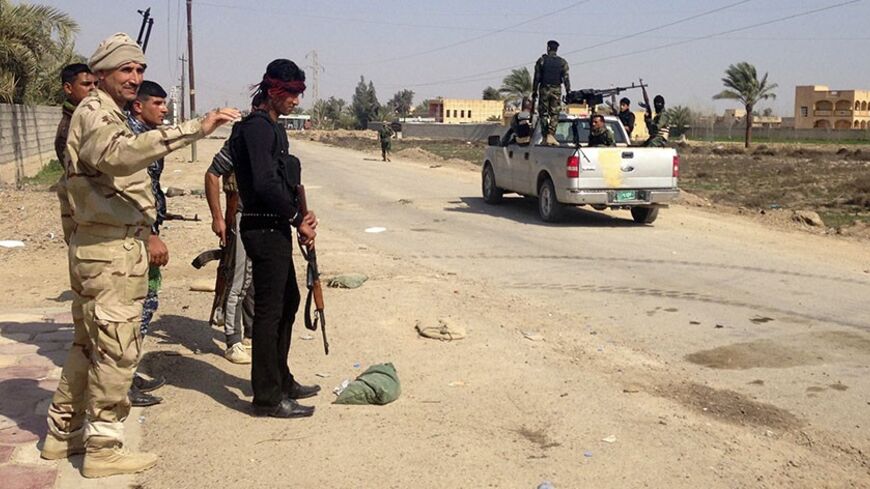The highly sensitive nature of the military establishment requires extreme caution on the part of its members to prevent any sectarian or racist behavior. This requires legislation and for the political and military supervisors of the army to show some serious will. But these resources are not available in Iraq. There are numerous cases in which soldiers and officers have failed to avoid sectarianism, and this represents a significant violation of the army’s professionalism.
There have been many cases in which the Iraqi army carried religious banners or chanted religious slogans related to a specific sect. Such actions have caused an extensive dispute between Iraqi politicians about their legitimacy. The disagreement is about whether this behavior is a natural right that falls under freedom of religion and expression, or an illegal act on the part of military personnel who do not represent themselves, but the military establishment as a public face of the Iraqi state.



